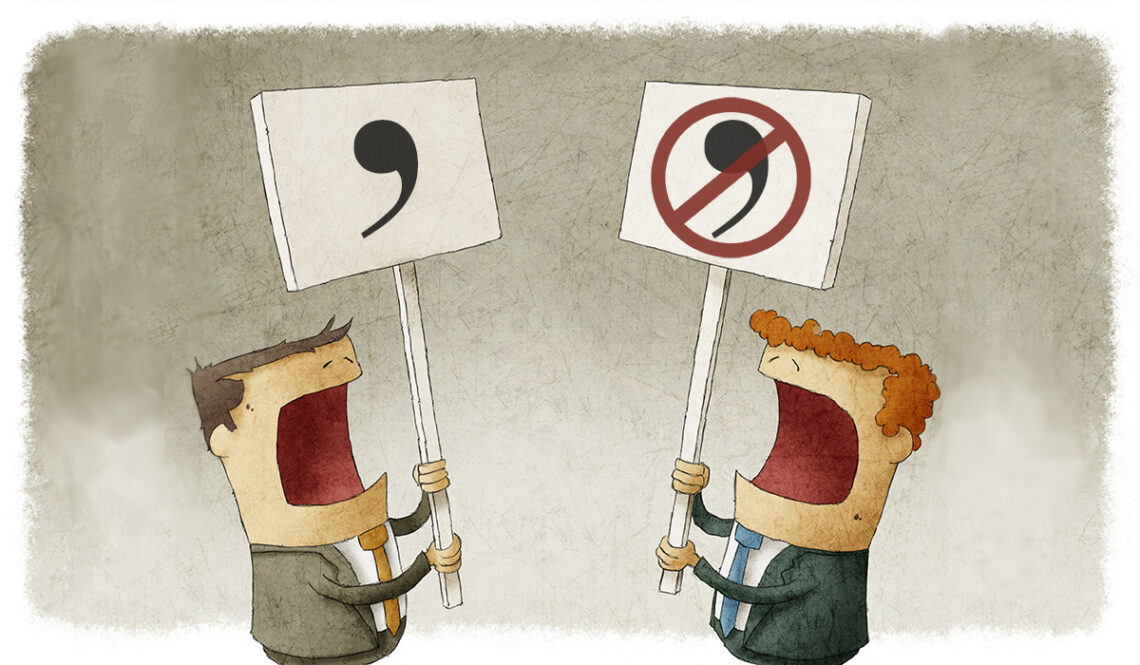This year, Capstone Editing has extended the application closing dates for four of its grants for postgraduates, Honours students and female academics. Many universities list these grants on their scholarship pages, but some choose not to advertise external grants. For this reason, it can be a little difficult for us…
-
-
We’re all familiar with the archetypal ‘broke uni student’. They live off two-minute noodles, whinge about the cost of expensive textbooks and party until 3 am. I’ve even heard it said that poor uni student days are a rite of passage: everyone goes through them and it is just part…
-
In the spirit of full disclosure, I feel I should begin by stating that I am an academic editor. However, I am also a published academic. My field is Australian Indigenous history. In writing about the importance of academic editing, I am speaking as an academic with insider knowledge: as someone who…
-
Next to tuition, textbooks are one of the dearest expenses a university student will face. University-prescribed textbooks are the cornerstone of the textbook industry—a USD14 billion industry in the United States, and a AUD400 million industry in Australia. The price of textbooks has risen fifteenfold since 1970 and the average…
-
The serial comma (also known as the Oxford comma) is a very controversial punctuation mark! It is so controversial that it was recently featured in a news article on the CNN website, ‘Should we give a damn about the Oxford comma?’ What Is a Serial Comma? The Macquarie Dictionary (2017) defines the…
-
In our previous article, ‘What is the Difference between Active and Passive Voice?’, we explained the difference between active and passive voice in academic writing. We also gave examples of passive voice that result in vague or unreferenced generalisations. In this article, we will explain how to reconstruct sentences to…
-
Most first-year university students quickly learn that they should use ‘peer-reviewed’ sources and that these are somehow more trustworthy than other sources. But it is usually unclear to them what peer-reviewed sources are exactly, and if some peer-reviewed sources are better than others. This article will explain why peer-reviewed sources…
-
In your first year at university, you will probably be told by your lecturers and tutors several times to be sure you only use academic sources in your essays. Unfortunately, many students remain confused about what an academic source (or a scholarly source) is exactly and how best to find them. This…
-
Why Should I Use Topic Sentences? When writing an essay for university, you must use topic sentences. These are sentences that go at the beginning of each paragraph in which you are about to discuss a new topic. Their purpose is to improve the logical flow of the essay, and…
-
You may have read in ‘Understanding Verb Forms—Part One’ that verbs can come in various forms including present and past tense. By choosing these verb forms appropriately and consistently in your academic writing, your thoughts will come across clearly and logically to the reader. When should I use past tense?…









